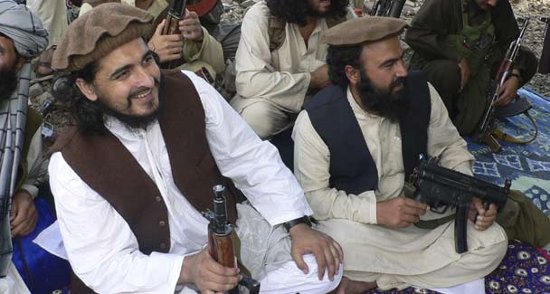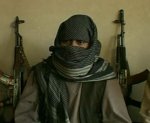Daily Iraq Report for March 16, 2007
The past 24 hours has seen some interesting developments in Iraq. Diyala has flared up as U.S. troops deployed to the region. Additional U.S. forces will be requested to support operations. Al Qaeda conducted some successful operations inside Baghdad. The Iraqi general leading the Baghdad operation was relieved of command. The U.S. is negotiating to dismantle elements of Sadr's Mahdi Army.
As we noted in February, Diyala has become a focal point of combat operations as the Baghdad Security Plan is implemented. The U.S. Strykers from the 5th Battalion, 20th Infantry Regiment - about 700 soldiers and 100 of their Stryker combat vehicles - were shifted from Baghdad earlier this week to restore order to the province and hunt the estimated 2,000 al Qaeda fighters believed to be using Diyala as a base. The 5-20 Strykers moved into Baquba, the provincial capital, and engaged in intense urban combat on its first day of operations. Dozens of al Qaeda were reported killed, while the Strykers lost 1 soldiers in combat, and 11 others were wounded (6 subsequently returned to their units). Two Stryker vehicles were lost, including one in a sophisticated IED attack and follow up ambush.
The Multinational Forces Iraq command is asking for more troops to support the Iraq security operation, The Boston Globe reports. General David Petraeus, the MNF-I commanding general, will request the deployment of an additional combat aviation brigade - about 2,500 to 3,000 troops. The number of troops requested isn't what is important, but the composition of the unit is. A combat aviation brigade consists of attack and transport helicopters, and gives the Coalition an Iraqi troops additional air mobile capabilities. These aviation assets will be used to conduct combat operation in Baghdad's 'outer belts' - the regions directly outside the city limits. This will give Coalition forces more flexibility to maneuver troops in the Diyala region.
Inside Baghdad, al Qaeda carried out a series of suicide car bomb and IED attacks against political targets and U.S. forces. A suicide car bomber killed 8 people in an attempt to assassinate Sabir al Issawi, the head of the Baghdad city council. 'Gunmen' ambushed the convoy of Rakim al Darraji, the mayor of Sadr City. Darraji, who has assisted with the U.S. and government deployment into Muqtada al Sadr's bastion, was wounded and a policeman traveling with him was killed. Four U.S. soldiers were killed and two wounded after a pair of IEDs hit their patrol. The U.S. military found a explosively formed penetrator (EFP) near the site. Iran has been arming Shia militias and the insurgency with the deadly EFPs.
The Iraqi government is pushing a group of Army officers to the sidelines. "The Iraqi general who commanded the joint U.S.-Iraqi military operation to subdue Baghdad has been fired," reports Azzam. "Lt. General Abdoud Qanbar Hashem was forced to retire at a lower rank. His name was included in a list of 1,189 former army officers who were put on pension." The U.S. opposed Qanbar's appointment as the commanding general of the Baghdad security operation.
Meanwhile, the U.S. continues to undermine Muqtada al Sadr's power base - the Mahdi Army. Since Sadr and his lieutenants fled to Iran last month, his grip on the Mahdi Army has waned as his command and control of his militia deteriorated. "The U.S. is in serious discussions with commanders of the Mahdi Army to lay down their arms," reports Richard Miniter.
As we have noted in the past, the U.S. has refrained from labeling the whole of Sadr's Mahdi Army as an enemy in order to provide an out for elements that wished to defect. The U.S. targeted Sadr's lieutenants in raids, as well as what it referred to as 'rogue elements' and 'criminal gangs,' while holding out the prospect for reconciliation with elements of the Mahdi Army that chose to lay down their arms.
The negotiations are the culmination of the yearlong strategy to dismantle Sadr's militia, but the results are by no means assured. The reactivation of the Mahdi Army in Baghdad would cause the Iraqi government and U.S. serious problems. The key is to keep Sadr out of Iraq.


